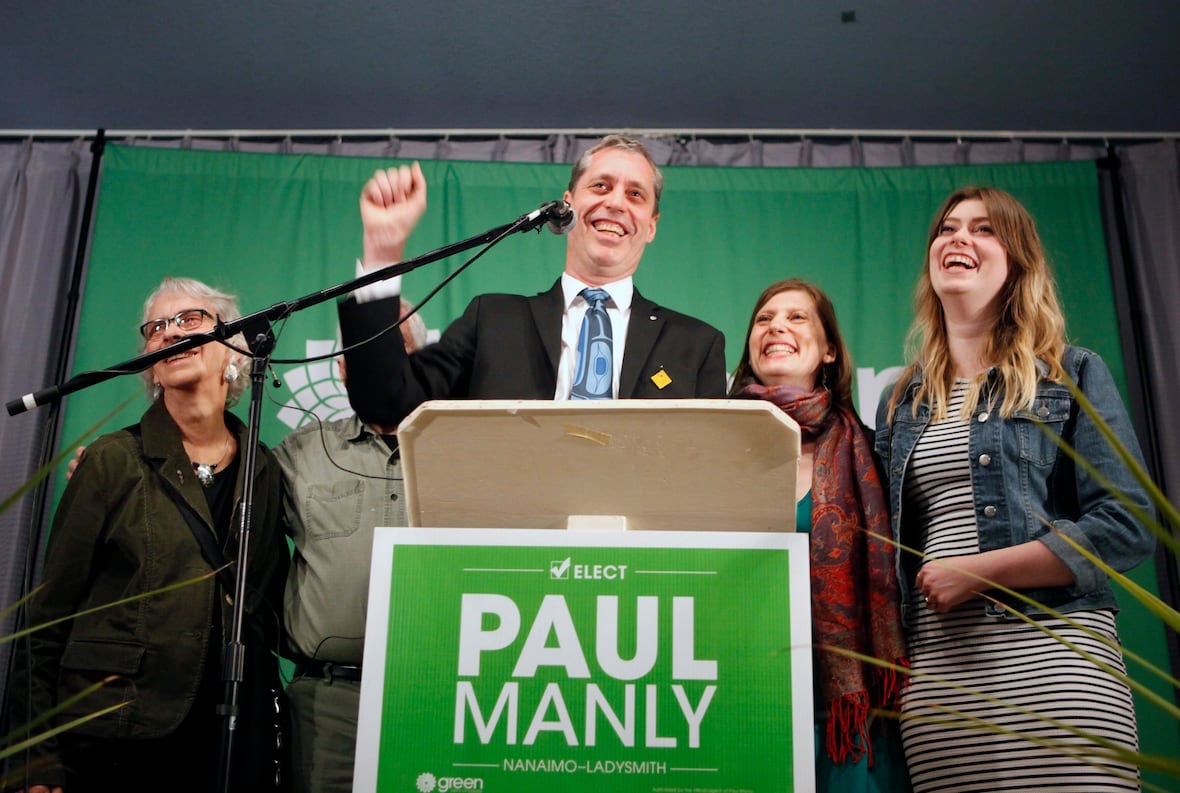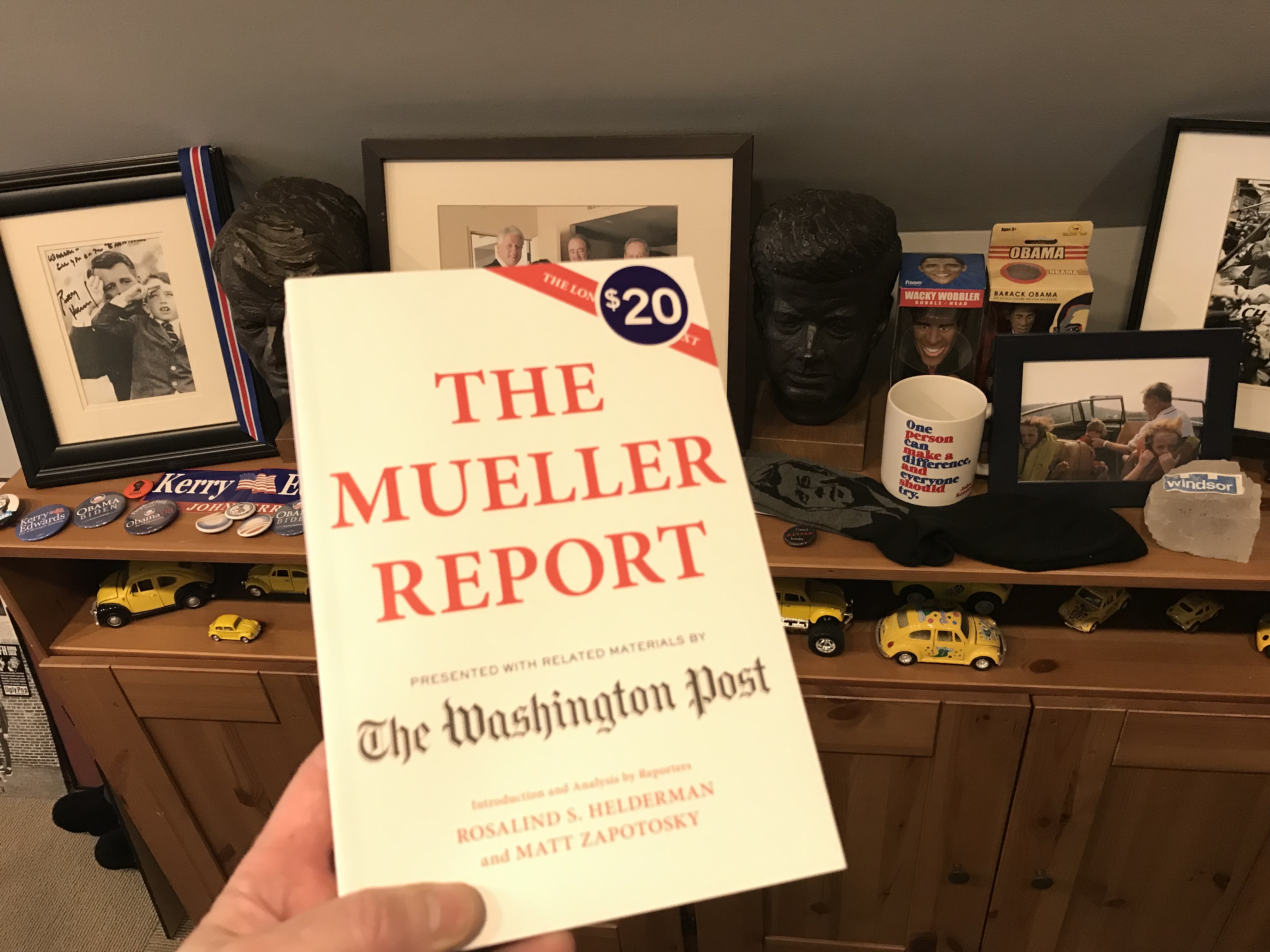THE GRAND WIZARD ELICTS A RESPONSE
Because they were sent a photo of you at a cross burning, again? https://t.co/IacaVOWLzs
— Warren Kinsella (@kinsellawarren) May 10, 2019
Because they were sent a photo of you at a cross burning, again? https://t.co/IacaVOWLzs
— Warren Kinsella (@kinsellawarren) May 10, 2019
Check it out, around the six minute mark.
Just in case you are wondering, it is considered highly, highly unethical for a lawyer to influence a witnesses’ testimony. And, sometimes, it can be a crime for someone to coach a witness to testify one way or another.
I also love Marie’s shot at Justin Trudeau’s claim to be a feminist. Suffice to say that she doesn’t believe it.
Don’t get caught.
If your political party has been caught obstructing justice — as the political party led by Justin Trudeau assuredly was, in the SNC-Lavalin scandal — what’s the one thing you need to avoid, at all costs?
Getting caught obstructing justice again, of course.
And that’s what the Trudeau regime’s prosecution of Vice-Admiral Mark Norman would have exposed: Senior Trudeau government officials, implicated in a scheme to use the criminal justice system to punish an alleged whistleblower. In this case, the second-highest-ranking officer in the Canadian Forces.
The “crime” Norman was accused of wasn’t a crime at all. In the early days of the Trudeau government, some senior cabinet ministers and political staffers tried to interfere in a multimillion-dollar contract that had been awarded for a much-needed supply ship for the Royal Canadian Navy. As in the LavScam scandal, senior Grits wanted the contract to go to a firm that had supported them politically.
A whistleblower blew the whistle — just like in LavScam — and leaked the story to the media. The Trudeau government was livid. They went after the alleged whistleblower — just like they went after Jody Wilson-Raybould and Jane Philpott for blowing the whistle on corruption.
Norman — like Wilson-Raybould and Philpott — deserved the Order of Canada, not persecution, for refusing to break the rules to help out a Trudeau government political crony. They didn’t deserve to have their lives and reputations destroyed.
Justin Trudeau — who, angelic visage notwithstanding, is a vengeful and petty little man — went after Norman, viciously. The vice-admiral was criminally charged with breach of trust. Norman vehemently denied he was the source of the leak, and hired one of the best lawyers in Canada, Marie Heinen (who, full disclosure, this writer’s firm has worked with in the past).
That’s when things got interesting.
Back in February, during the pre-trial legal skirmishing over documents Trudeau’s staff were covering up, a shocking revelation came to light. Norman’s lawyers alleged that prosecutors had been talking trial strategy with Trudeau’s personal bureaucrats in the Privy Council Office (PCO).
That’s a big no-no. As in the LavScam case, criminal prosecutions must always be independent of politics. If the likes of Trudeau can use the criminal justice system to reward friends (like SNC-Lavalin) and punish enemies (like Norman), we will have fully become a totalitarian regime. We are no longer a true democracy.
“By all appearances,” one of Norman’s lawyers told the trial judge in February, “this is a more direct influencing of the prosecution … the Prime Minister’s Office, via its right arm the PCO, is dealing directly with the PPSC (Public Prosecution Service of Canada). And the prosecution service is allowing this to happen.”
The presiding judge was not impressed. “So much for the independence of the PPSC,” declared Judge Heather Perkins-McVey.
And, it was at that moment that many of us knew that Norman’s trial — scheduled for August, just weeks before the election writs were going to drop — was never going to happen. In open court, a senior judge had taken note of political interference by Trudeau’s PMO and PCO. And, at that point, for Trudeau and his winged monkeys, it became crucial that the trial never be allowed to happen.
And, now it won’t. As Christie Blatchford revealed in a Postmedia scoop, the Trudeau government abruptly decided to suddenly drop the prosecution of Norman. On Wednesday, they stayed the charges.
After LavScam — and after the attempted show trial of Norman — we can now be left with only one conclusion:
This is the most corrupt federal government in Canada’s history.
And they must — must — be defeated.
I really, truly hate them.
@JustinTrudeau’s regime intefered in the criminal justice system to reward a supporter (SNC-Lavalin), and to punish an enemy (Vice-Admiral Norman). They’ve provided conclusive proof, twice, that they’re the most corrupt government in our history. They must be defeated. #cdnpoli pic.twitter.com/MCKNUCOL0l
— Warren Kinsella (@kinsellawarren) May 8, 2019
These bastards bankrupted this man, tried to destroy him, and now are abandoning their show trial – because they realized they are the ones who were going to get destroyed. They’re the scum of the Earth. #cdnpoli https://t.co/Xw53sJ22RA
— Warren Kinsella (@kinsellawarren) May 8, 2019
Here’s a poll that will rock Toronto and Ontario politics. And it is not a bad idea. At all.
Full story here.
It could take a Tory to topple the Tories and lead the Liberals back to power, a new poll suggests.
Toronto Mayor John Tory, a former Progressive Conservative leader who left that party five years ago, would be the front-runner in the undeclared Ontario Liberal leadership race, the Corbett Communications survey found.
While Premier Doug Ford’s Conservatives would win an election held now with 35 per cent support — ahead of the Liberals at 27 per cent, the NDP at 25 per cent, and the Greens at 12 per cent — a Tory candidacy for the Grits could jolt the political landscape.
“He changes the whole dynamic for everybody,” veteran pollster John Corbett said Tuesday.
Those surveyed were asked “which one of the following potential candidates would you be most likely to support for the Ontario Liberal Party.”
Tory was at 41 per cent, compared to Liberal MPPs Mitzie Hunter and Marie-France Lalonde at 4 per cent apiece and former minister Steven Del Duca and MPP Michael Coteau at 3 per cent each.
Of the remaining respondents, 36 per cent were undecided and 9 per cent preferred “another candidate.”
In a general election scenario, the Liberals led by Tory were at 32 per cent, compared to Ford’s Conservatives tied with Andrea Horwath’s New Democrats at 27 per cent apiece and Mike Schreiner’s Greens at 12 per cent.
1. The Justin Trudeau Party – which isn’t the Liberal Party – came fourth. Fourth. Trudeau is in big trouble.
2. This isn’t an aberration. The Green Party has been on an upward trend for months – and not just in B.C., either. Ask the good people of Prince Edward Island, New Brunswick, Ontario, etc.
3. The Greens won because Trudeau has pissed off progressives – on failed promises of electoral reform, on failed promises of indigenous reconciliation, on false promises about ethical government, on false claims to be feminist.
4. The Greens also won because they, not the NDP, have become the new true progressive banner-carriers. Nanaimo-Ladysmith used to be a New Democrat stronghold. On Monday night, the NDP came third, after the Tories.
5. There is an anti-incumbent zeitgeist in Western democracy, now, and the Liberals, Conservatives and New Democrats are all seen as incumbents. The Greens aren’t. More change is coming, methinks.

